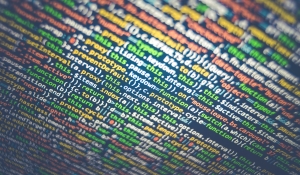Understanding the Information Environment to Win the Next Conflict Without Firing a Shot

Author(s): Klipstein, M. (Army Cyber Institute, West Point); Minter, A. (Army Cyber Institute, West Point); Pittman, J. (Amy Cyber Institute, West Point)
Report Preview
In our increasingly digital society, military operations and civilian-alike rely heavily on the technological tools that connect us. Social media has become a powerful influence tool to sow discord, sway sentiment, and purport cause for actions that otherwise would be condemned by the international community. Cellular services have become the default mode of communication. And the amount of data collected continues to grow. The convergence of information operations, electronic warfare, and cyberspace operations have brought a new paradigm to nations in friction or conflict. Distortion and delivery of information allow the perception of ‘truth’ in populations that in turn can move a nation’s course of action. These realities alone are challenging; when US adversaries use cyber capabilities, the result could have a drastic effect on the ability to wage war and retain the status we enjoy in the international community. We examine the holistic information space ten years into the future to better understand how the information environment will interact with governments and society. This paper draws four predictions that will affect nations if the current trend continues. These trends include the diminishment of the United States on the global stage, the rise of China in computing supremacy, cultural division and schism continuing fueled by online news and information sources, and finally, nation-states fighting conflicts further “upstream” in the information space to prevent conflict or eliminate its necessity. In conclusion, the authors recommend questions that governments must seek answers to in order to stay
competitive in this environment.
Comments